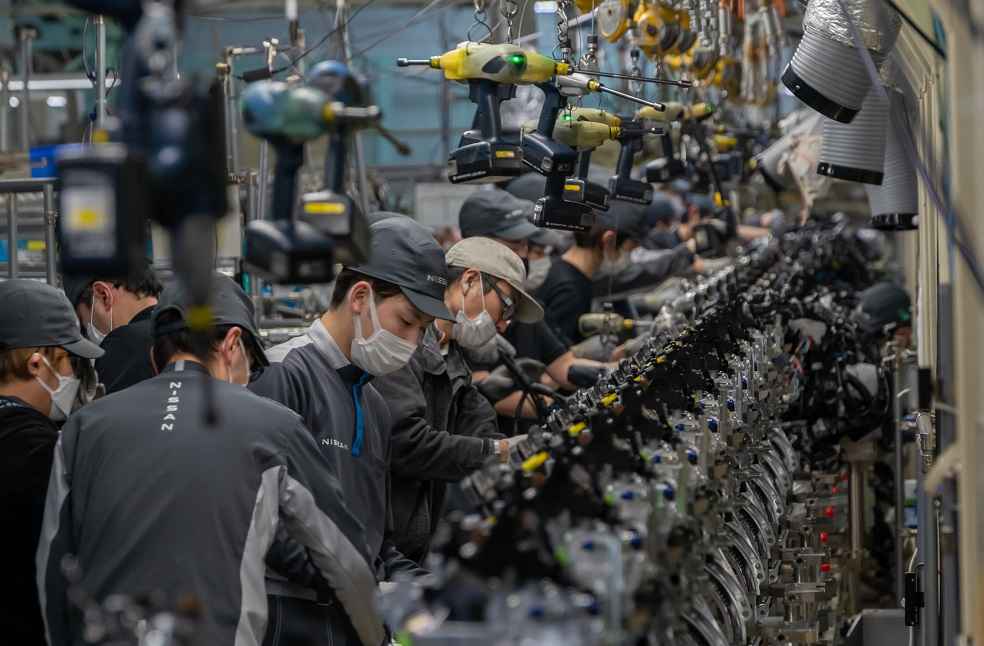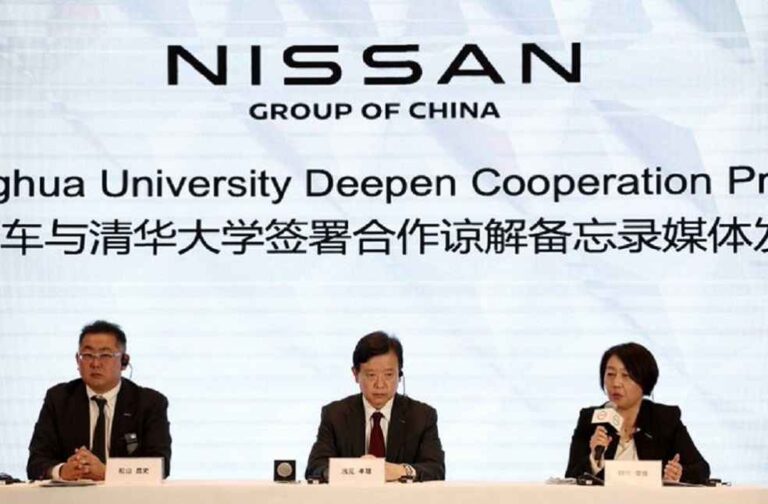Nissan Motor has made a strategic decision to sell its China-made EVs, to a worldwide audience. This significant move revealed on Sunday, marks Nissan’s commitment to leveraging Chinese innovation and partnerships to boost its electrification efforts.
Masashi Matsuyama, the Vice President of Nissan Motor and President of Nissan China, emphasized the company’s goal to export various range of vehicles from China. This lineup will contain not only existing internal combustion engine models but also upcoming pure electric and plug-in hybrid cars. At the press conference in Beijing, Matsuyama hinted at targeting markets similar to those of Nissan’s Chinese competitors, such as BYD.
This move positions Nissan alongside other global automotive giants like Tesla, BMW, and Ford, which have turned to China for manufacturing benefits. By tapping into lower production costs and optimizing factory capacity, these brands aim to strengthen their international market presence.

Nissan has experienced a shift in its global sales dynamics, with China contributing over a fifth of its nearly 2.8 million vehicles sold in the first ten months of the year, a decrease from the previous year’s one-third contribution. This change is attributed to the rising prominence of Chinese domestic brands in the world’s largest auto market, combined with aggressive pricing strategies and a swift shift towards EVs.
To address these market trends, Nissan plans to establish a joint research center with Tsinghua University in the coming year. This venture will delve into various aspects of EV technology, focusing on advancements in charging infrastructure and battery recycling. This initiative builds upon Nissan’s ongoing collaboration with Tsinghua University since 2016, which primarily focused on intelligent mobility and autonomous driving technologies.

Nissan President and Chief Executive Makoto Uchida sees great potential in this partnership, believing it will provide valuable insights into the Chinese market and aid in developing strategies that resonate with local customer needs.
Nissan’s latest strategy showcases its commitment to adapting its business model and product line to align with the rapidly evolving automotive sector, especially in the electric vehicle segment. As Nissan embarks on this new chapter, the global automotive industry awaits the impact of this strategic shift on market trends and dynamics.
EV WORLD | Bangkok Insurance to Thrive in Thailand’s Booming EV Market





